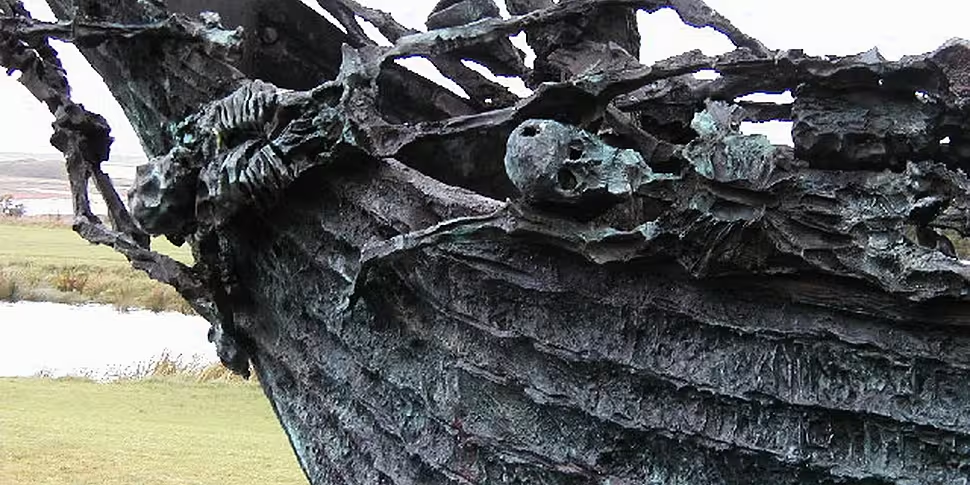A new BBC documentary on the famine has been criticised by historians for being 'astonishingly irresponsible'.
The programme, which was part of the Digging for Britain series, included a claim by a Nottingham University historian that Britain had rejected giving the Irish 'hand-outs' and that The Great Famine amounted to the deliberate 'extermination' of a people.
Liam Kennedy, Emeritus Professor of History at Queen's University Belfast, considers the Famine to be a "searing" event in Irish history that cost a million lives.
But he told Newstalk Breakfast that the claim that it was a ploy by the British government to exterminate the Irish would not be made by a "serious historian of Ireland".
"It is astonishing that the BBC used an unspecialist", he said.
'Incredible state endeavour'
"I don't think that the argument of a lack of action [by Britain] is tenable", Prof Kennedy said.
He also said that the historian's criticism of Sir Robert Peele was odd because he "destroyed his political career on trying to help Ireland".
Chancellor Lord John Russell and Charles Wood, he says, "would come in for much more legitimate criticism".
"Even then, the British government spent the equivalent of billions funneling relief to Ireland", he said.
The government also fed millions out of soup kitchens around the country — "an incredible state endeavor".
He does concede that there is "no doubt" that more could've been done.
'Balanced view'
He compared it to the COVID-19 pandemic, although it was "absolutely nothing like the devastation" of the Famine.
"On the one hand, there was a major effort made dealing with an unprecedented crisis", he said.
"I think part of the problem, in terms of this particular contribution, is that a knowledge of colonial episodes elsewhere are generalised to the Irish case."
"The Irish case is much more specific."
"You can't transpose findings, at least uncritically, from other parts of the world directly into nineteenth century Ireland."
Main image shows The Great Famine National Monument. Picture by: Bruce Hall / geograph.org.uk









